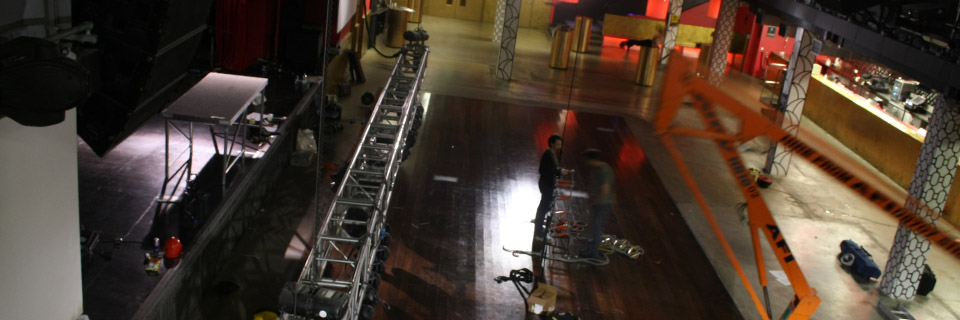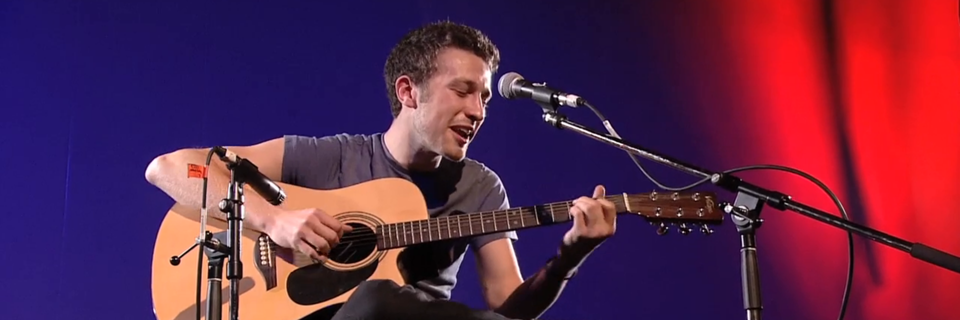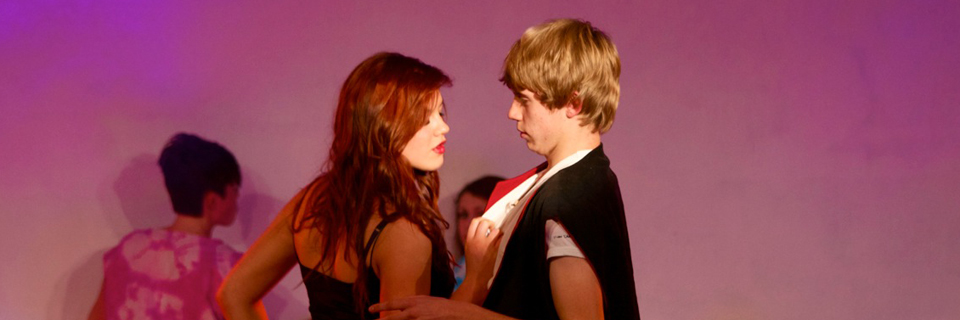CIRCUS: Lighting
0Today we started the BOP (Broadcast Operations) Circus, which is designed to teach us the basic in many operational roles. Today, my group started on Lighting with Graham Jaggers, an industry professional Lighting Director.
With lighting already being my specialist subject, after transferring from a theatre environment, I found I was only looking out for the differences between live theatre and live broadcast. The main difference i found was the huge requirement for Backlight, this isn’t such a requirement in theatre world.
Other little tips and tricks I have picked up from today, include:
- 3 Point Lighting / The importance of shadows
- How to use a Pantograph
- The idea of bouncing a hard light of something white to create a large soft light
LECTURE: TV Systems & Signals
0Optical Fibre Links
Today we looked at optical fibre links and how they now power the internet age that is now upon us. The amazing power of fibre is slowly being understood with new theoretical limits being constantly found, the current tested theoretical limit could handle the worlds current internet and phone traffic, and more in a single fibre.
Fibre’s are the back bone the UK broadcast industry, as they link all the Studio Centers with the 1000+ Transmission sites in the UK. The Fibre links are mission critical for all Analogue and Freeview transmission, as they provide the 17 Main and 1000 “Fill” UHF Transmitters, with the signal to broadcast.
LECTURE: Electronics and TV Systems & Signals
0This is my first real blog post for IPP / Fluxity and its on Electronics and TV Systems and Signals. This is still right at the start of the course for us, so we are starting right at the beginning with the Electronics and Tv Systems and Signals.
Electronics
Starting with the basics over the last few lectures, we looked into the fundamentals of Electronics, this included:
- The Atom
- Charge
- Voltage
- Current
Most of this I had covered previously in at A Level, but these lectures stood as a handy recap. Over these lectures we also covered Resistance, Power, and Capacitance, all at a fundamental level, to provide the building blocks for later lectures.
Tv Systems & Signals
Tv Systems and Signals is a completely new unit for most of us on the course. with these first couple of lectures covering the very basics, starting with the Broadcast Chain and The EM Spectrum. Both topics although basic provided me with a huge insight into the broadcast world and how its not as simple as just watching TV makes it seem. This small insight into the industry has spurred me on to find out as much as I can about being a Broadcast Engineer


